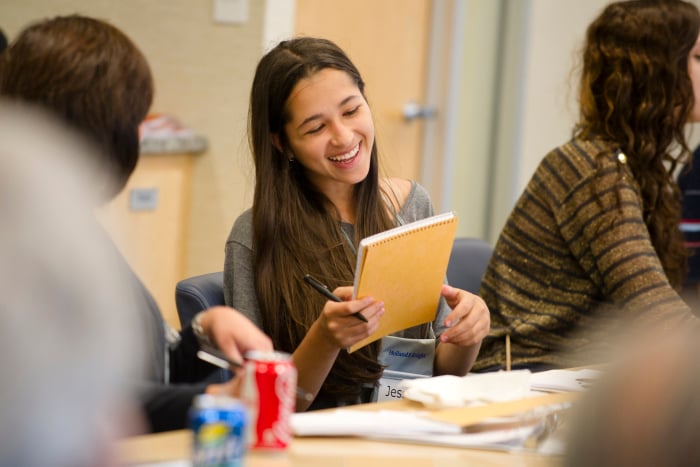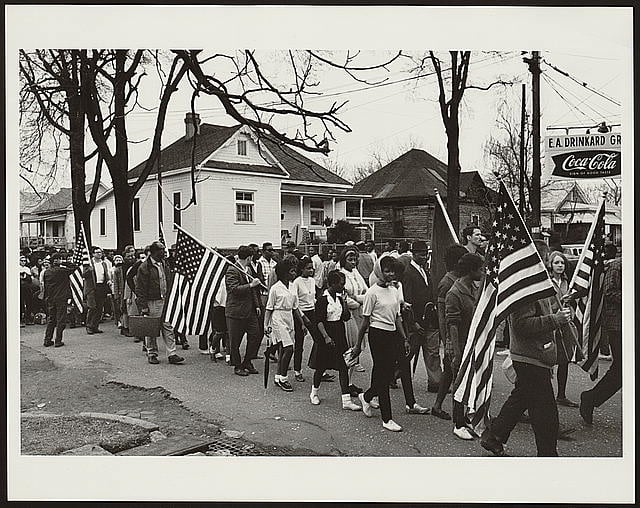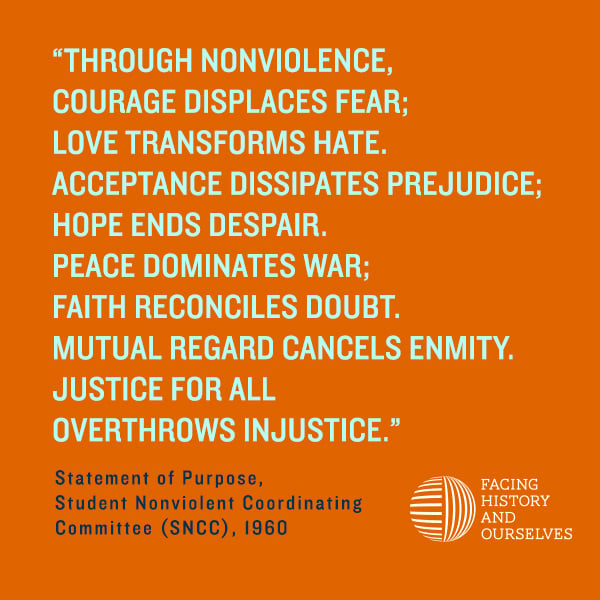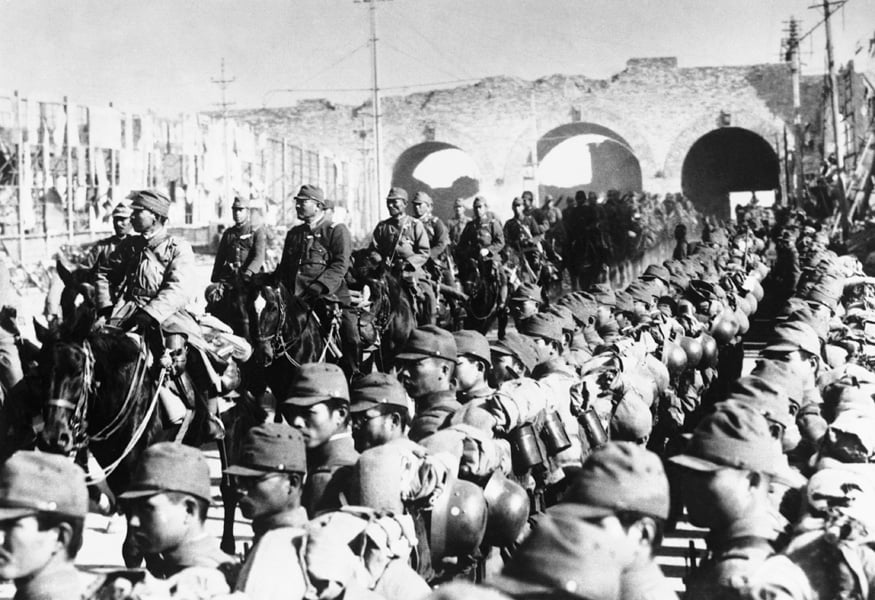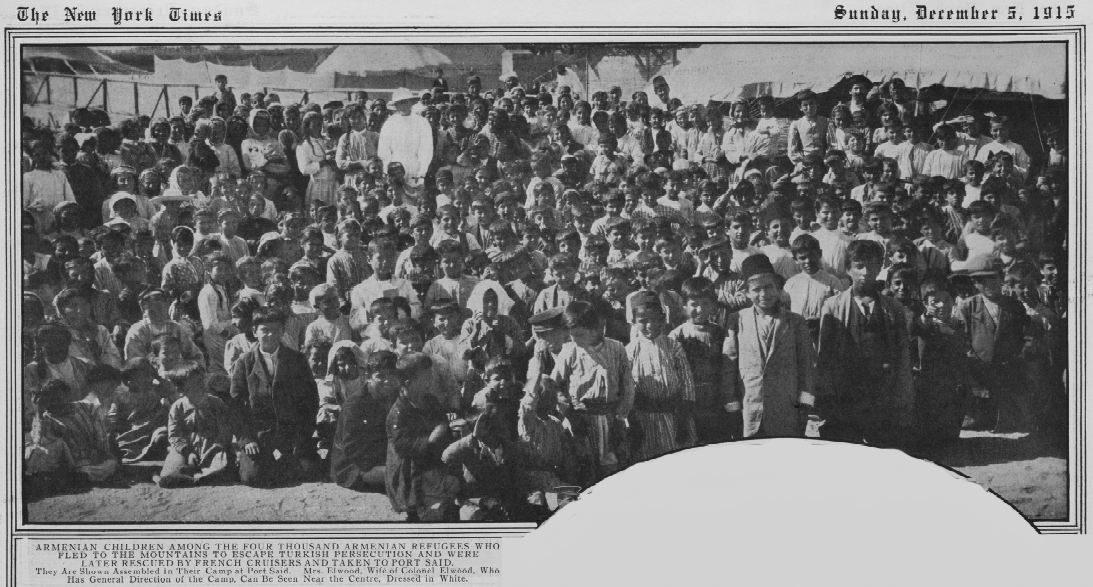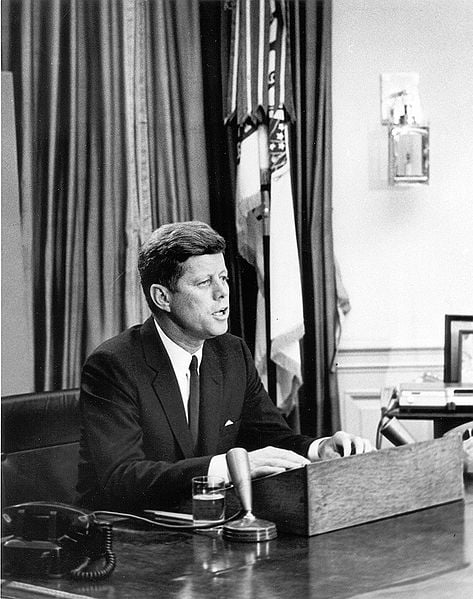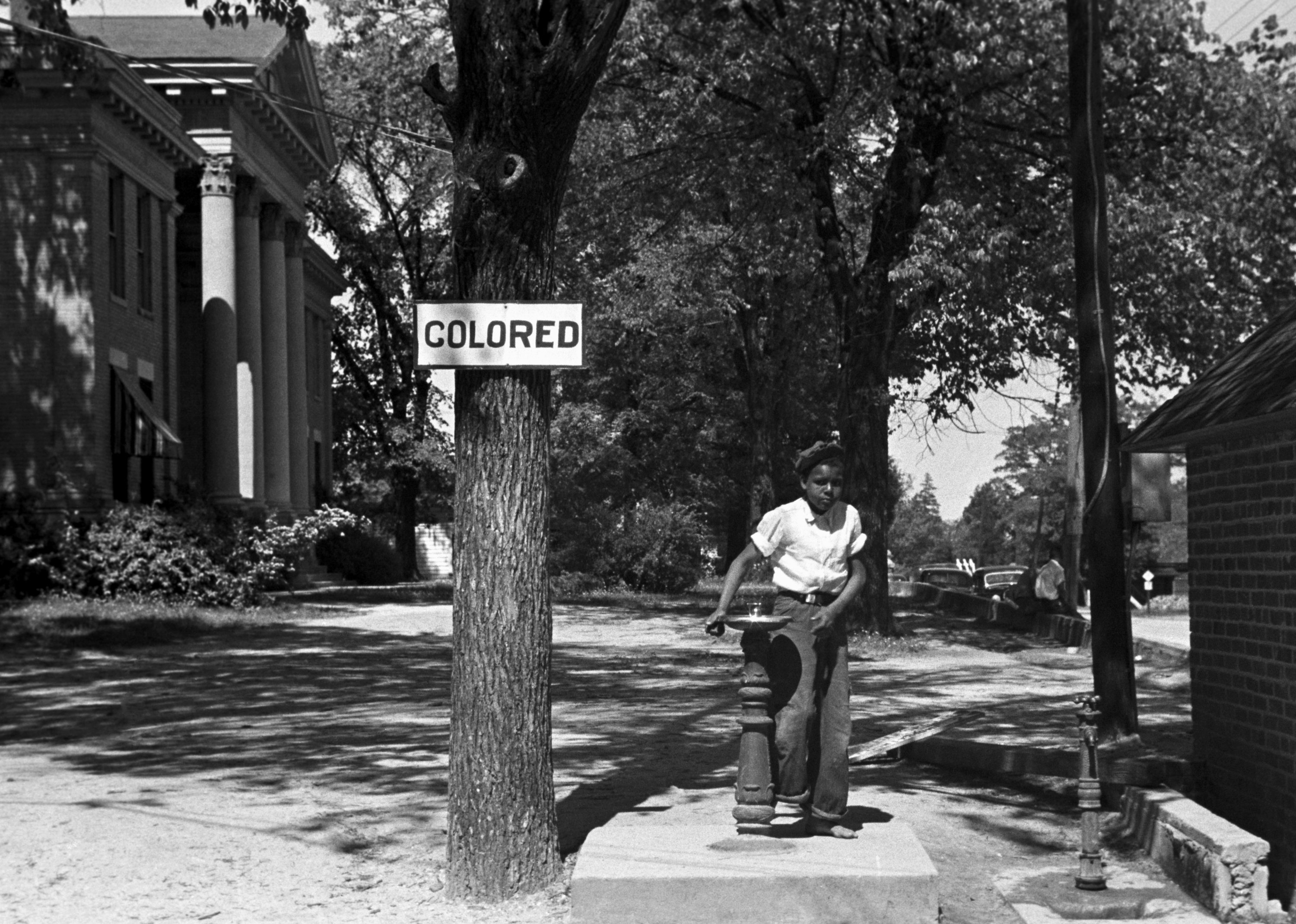Issues of civil rights and religious tolerance are as relevant today as they were during the American civil rights movement in the 1960s and ’70s, and in the years before, during, and after the Holocaust. How do we make these issues relevant to young people?
Online Courses on Teaching Civil Rights and Holocaust Enrolling Now
Posted by Julia Rappaport on January 19, 2015
Topics: To Kill a Mockingbird, Civil Rights Movement, Professional Development, Antisemitism, Human Behavior, Common Core, Holocaust, Facing History and Ourselves, History, Facing Technology
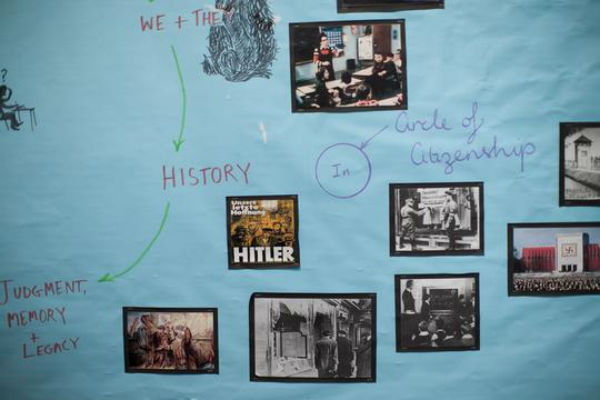
Just because an episode in history took place long ago does not mean that we stop asking questions about it, about whose stories are told as we remember, and about what our assumptions about history mean for our lives today.
Topics: Antisemitism, Human Behavior, Facing History Resources, Holocaust, Genocide/Collective Violence, Facing History and Ourselves, History
Reconsidering Selma: Teaching the Stories Behind a Pivotal Moment in History
Posted by Adam Strom on January 8, 2015
There are so many moments throughout history whose untold and overlooked stories make them much more fascinating than the versions that are typically taught or talked about in the classroom. The 1965 civil rights march from Selma, Alabama to Montgomery is one of those stories.
Topics: Civil Rights Movement, Film, Democracy, Voting Rights, Choosing to Participate, Selma, Facing History Resources, Teaching Resources, Video, Civil Rights, History
The news around the world has been grim recently. During times of conflict and difficulty, we look to history and remember the inspirational words from upstanders of the past—those who shared our goal of creating a better, more informed, and more thoughtful society.
Topics: Democracy, Choosing to Participate, Students, Human Rights, Facing History Resources, Schools, Teachers, Civil Rights, History
December 10 is International Human Rights Day. Below are five resources that help make connections between struggles for human rights from history and our own lives today.
Topics: Books, Choosing to Participate, Human Rights, Facing History Resources, Video, History
Topics: Books, Facing History Resources, Genocide/Collective Violence, Facing History and Ourselves, Teaching Resources, History
Each year, Facing History and Ourselves and Knights and Daughters of Vartan host an annual Armenian Genocide Commemoration Essay Contest. In 2014, the contest asked high school and college students across the United States to respond to the question, “On the threshold of the 100th anniversary, how should the world recognize the Armenian Genocide?” This essay, from Facing History student Elizabeth Ray, took second place. It was reprinted with Elizabeth's permission.
Topics: Student Voices, Online Workshop, Choosing to Participate, Armenian Genocide, Facing History Resources, Teaching, Facing History Together, Genocide/Collective Violence, Facing History and Ourselves, Teaching Resources, History
Next week marks the 51st anniversary of the assassination of American President John F. Kennedy. We can explore his legacy by examining the Kennedy administration's responses to the civil rights movement, and how these responses changed over time.
Topics: Civil Rights Movement, Books, Film, Democracy, Facing History Resources, Facing History and Ourselves, Teaching Resources, Civil Rights, History
To Kill a Mockingbird is set in a small town in Alabama in the 1930s, a town much like the one in which author Harper Lee came of age. Although I grew up a generation later, I see much of myself in Scout, the young white girl who narrates the book.
Topics: To Kill a Mockingbird, Classrooms, Books, English Language Arts, Margot Stern Strom, Human Rights, Facing History Resources, Teaching, Identity, Teaching Resources, Teachers, History
.png?width=778&name=Untitled%20design%20(36).png) Seventy years ago this fall, the word "genocide" made its debut into the English language, on page 79 of the 674-page Axis Rule in Occupied Europe [which you can find here in Reading 3], in a chapter called "Genocide—A New Term and New Conception for Destruction of Nations."
Seventy years ago this fall, the word "genocide" made its debut into the English language, on page 79 of the 674-page Axis Rule in Occupied Europe [which you can find here in Reading 3], in a chapter called "Genocide—A New Term and New Conception for Destruction of Nations."
Topics: Books, Choosing to Participate, Armenian Genocide, Human Rights, Facing History Resources, Teaching, Upstanders, Genocide/Collective Violence, Facing History and Ourselves, Teaching Resources, Video, History

